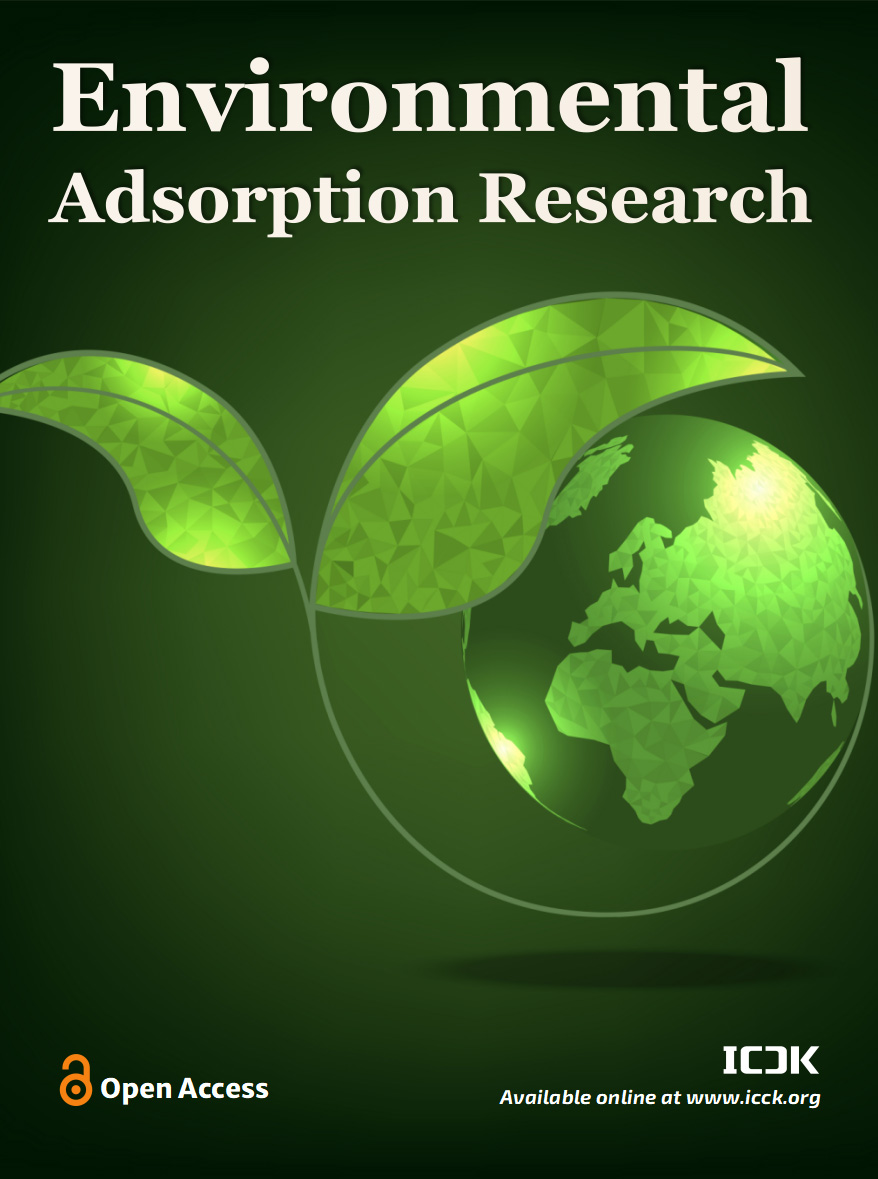About the Journal
Journal Information
Environmental Adsorption Research
ISSN: pending
Publishing model: Hybrid
DOI Prefix: 10.62762/EAR
Aims & Scope
Aims
Environmental Adsorption Research (EAR) is an international, peer-reviewed platform dedicated to advancing fundamental understanding and practical applications of adsorption processes in addressing environmental challenges. The journal seeks to publish original, high-quality research that pushes the boundaries of current knowledge and contributes to sustainable solutions for water, air, and soil. By prioritizing novel concepts, rigorous analysis, and environmental relevance, the journal aims to become the leading forum for transformative research in this rapidly evolving field.
Scope
The scope of the Journal includes, but is not limited to:
• Novel adsorbent materials: functionalized carbons, metal–organic frameworks (MOFs), covalent organic frameworks (COFs), bio-based and hybrid adsorbents, and nanostructured materials designed for environmental remediation
• Mechanistic insights: adsorption thermodynamics, kinetics, mass transfer, multiscale modeling, and molecular simulations
• Applications in water remediation: removal of emerging contaminants, desalination pretreatment, nutrient recovery, and industrial wastewater management
• Applications in air and soil: adsorption for greenhouse gas mitigation, volatile organic compounds (VOC) capture, soil remediation, and indoor air purification
• Process and reactor innovations: fixed-bed and fluidized-bed systems, membrane-adsorption hybrids, cyclic adsorption processes, and intensification strategies
• Advanced computation: machine learning and data-driven approaches to adsorption research
Publication Frequency
Quarterly
Ownership
![]()
The journal is owned by Institute of Central Computation and Knowledge.
Archiving
All journals published by ICCK are archived in Portico, which provides permanent digital archiving for scholarly journals.
Ethics Statement
ICCK is responsible for implementing rigorous peer review and strict ethical policies and standards to ensure that high quality scientific work is added to the field of scholarly publishing. ICCK takes such publishing ethics issues very seriously, and our editors are trained to enforce COPE's Core Practices and Guidelines, with a zero-tolerance policy for plagiarism, data falsification, and other behaviours. To verify the originality of content submitted to our journals, we use iThenticate to check submissions against previous publications.

